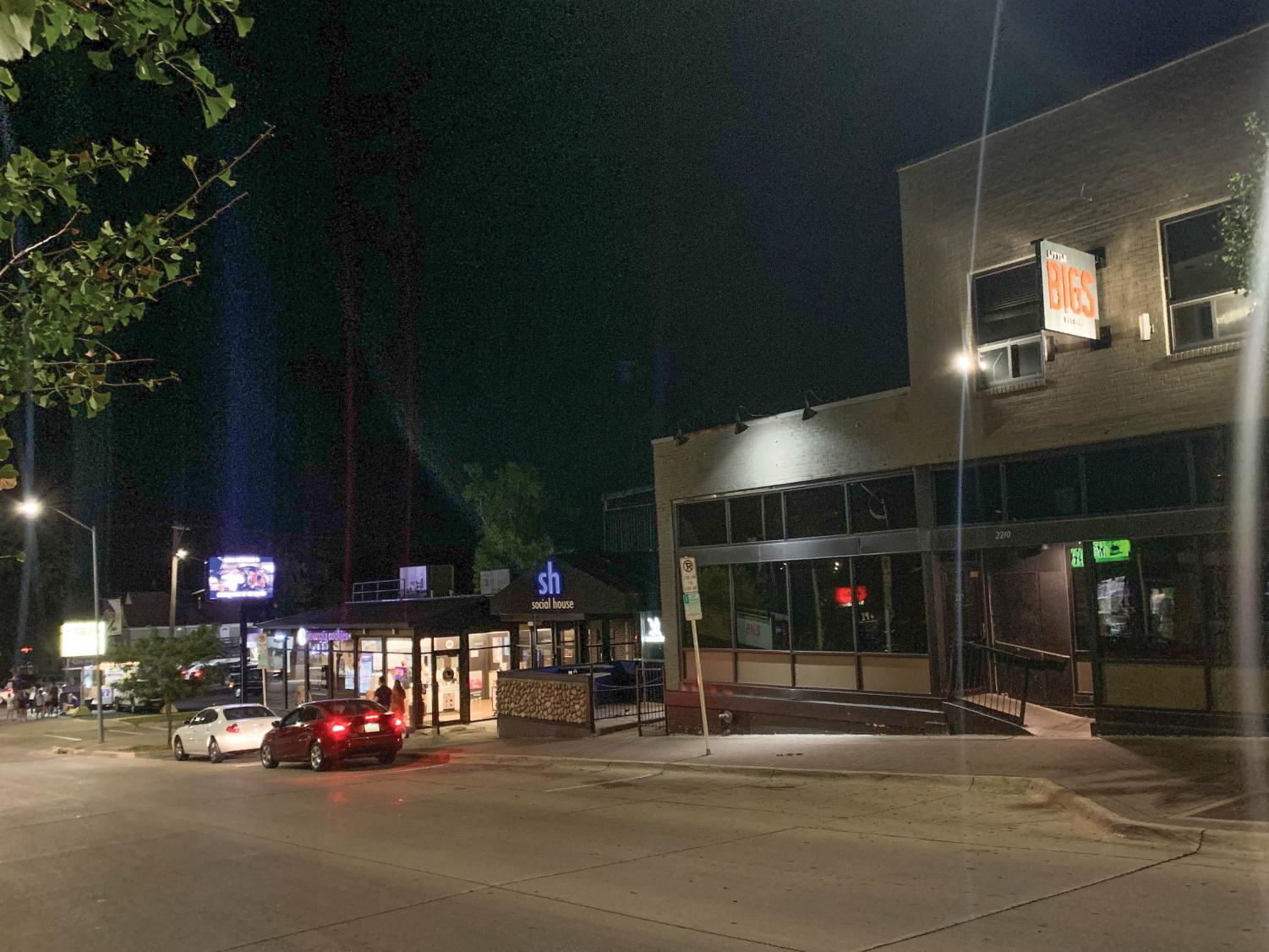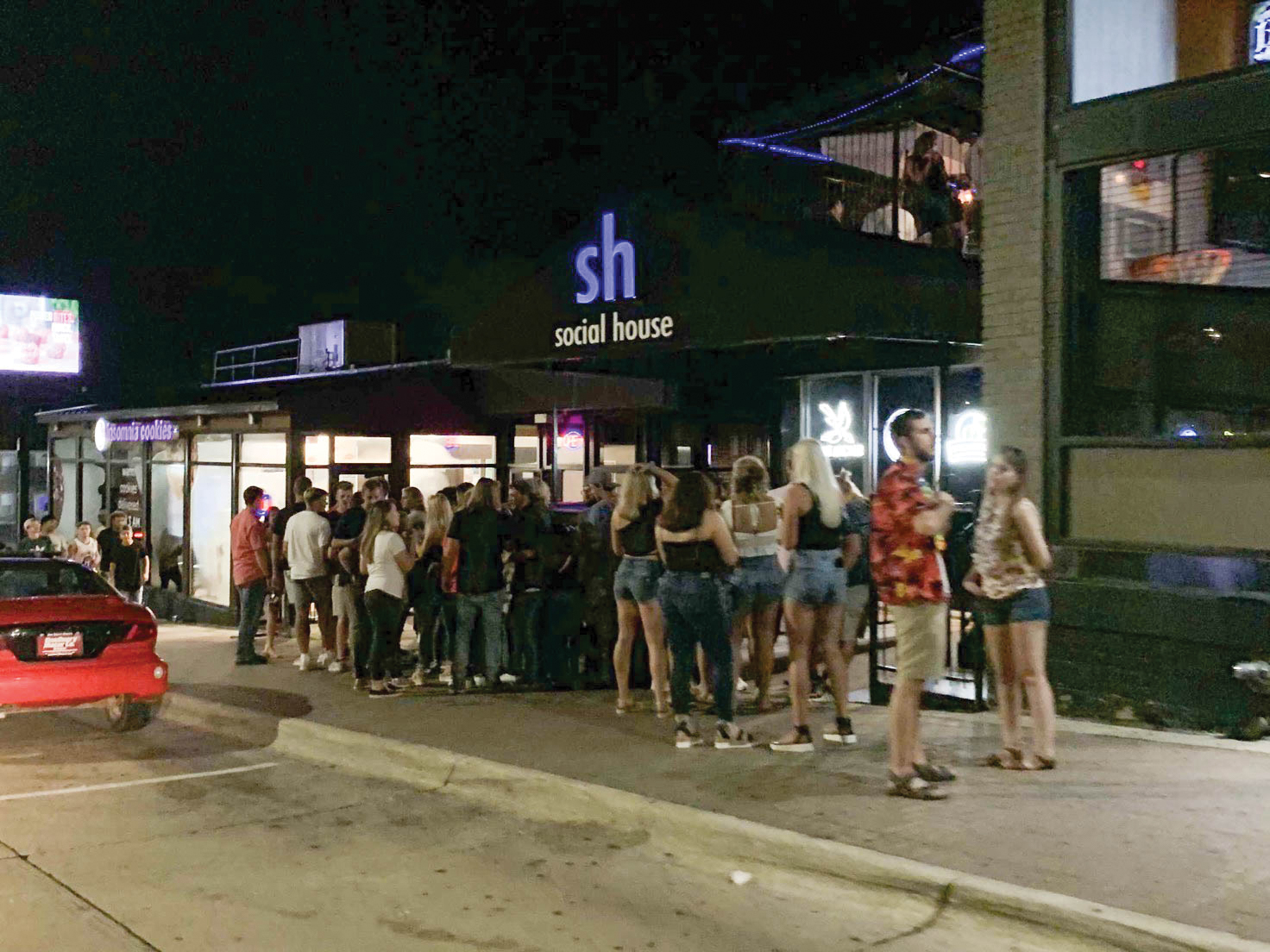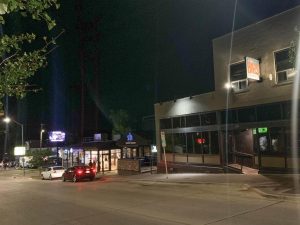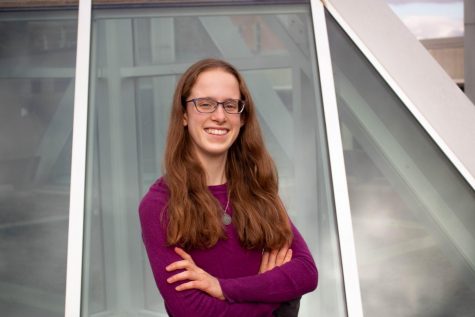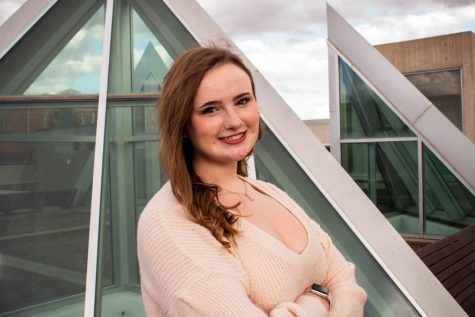Bars set to reopen earlier than expected
Sep 17, 2020
For the past two weekends, College Hill has been largely quiet due to Governor Kim Reynolds’ proclamation closing bars in six counties, including Black Hawk County.
This weekend, things may look very different.
Reynolds announced Tuesday afternoon that bars in Black Hawk, Dallas, Linn and Polk counties would be permitted to reopen at 5 p.m. on Wednesday, Sept. 16—four days earlier than her original proclamation’s expiration date. However, bars in Story and Johnson counties, home to Iowa State University and the University of Iowa, respectively, are to remain closed until at least Sept. 20.
“The changing public health conditions in the state of Iowa, especially in Black Hawk, Dallas, Linn, and Polk counties, warrant adjusting the reasonable measures to reduce the transmission of COVID-19,” Reynold’s proclamation stated on Tuesday.
However, all bars and restaurants must continue to abide by social distancing protocols, which Reynolds further clarified in her proclamation.
Establishments must ensure at least six feet between each group or individual dining alone, although patrons may be seated closer than six feet if their booths are “separated by a barrier of a sufficient height to fully separate seated customers.” Bars and restaurants must also limit patrons from congregating within six feet of each other, and all patrons must have a seat and consume their food or beverage while seated.
The College Hill Partnership released a statement on Wednesday afternoon reaffirming businesses’ commitment to public safety and encouraging patrons to follow all protocols.
“As bars and nightclubs reopen, the majority of locally owned businesses on College Hill are committed to the College Hill Promise to keep the community safe,” the press release stated. “Moreover, we request that people in Cedar Falls observe the mask requirement and social distancing recommendations on all city
sidewalks, streets and
public spaces.”
The Northern Iowan will continue to report on this developing story and its impacts on the UNI campus community, in upcoming issues.

